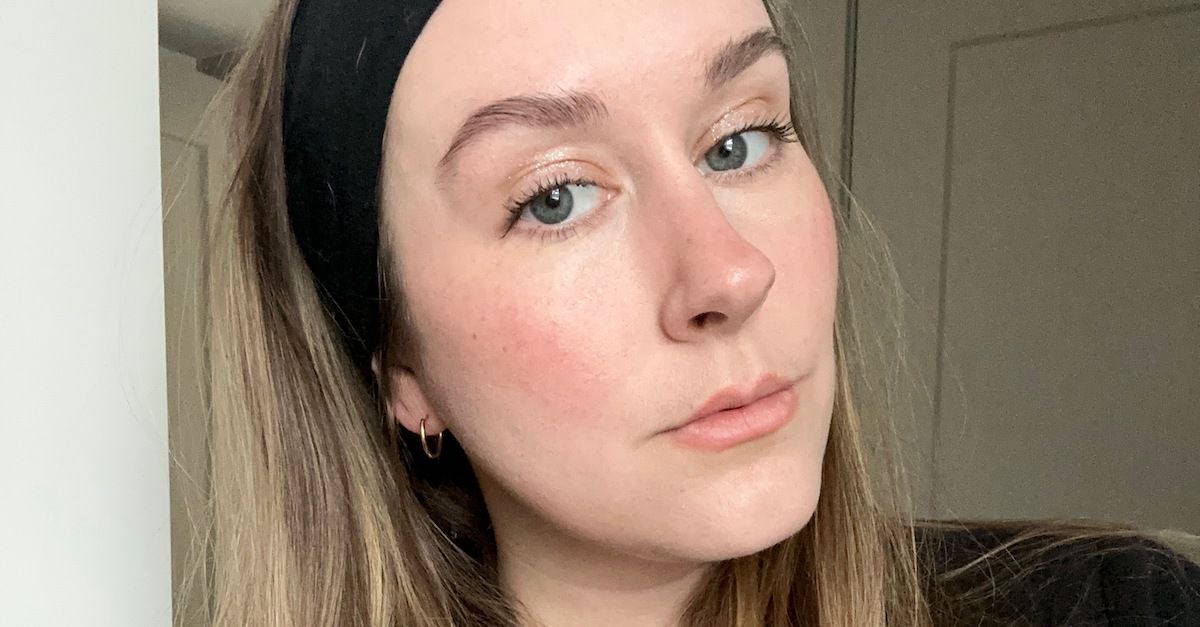Unlock the Editor’s Digest for free
Roula Khalaf, Editor of the FT, selects her favourite stories in this weekly newsletter.
Sir Keir Starmer’s chief of staff Sue Gray earns more than the prime minister, after a post-election pay rise pushed her salary to £170,000, according to government officials.
The boost to Gray’s pay, first reported by the BBC on Wednesday, means she is now paid more than any cabinet minister or her predecessor in Downing Street.
The prime minister enjoys a salary of £166,786, while cabinet ministers are paid £158,851.
Gray’s Conservative predecessor Liam Booth-Smith, who has since been made a peer, was paid between £140,000 and £145,000, which was then the highest pay band for special advisers, when he worked for Rishi Sunak.
The revelation is the latest incident in which Gray, who was formerly a senior civil servant, has been dragged into the public eye following anonymous briefings from within the government, in a sign of growing discontent within the new administration only months after its landslide election victory.
Details of her remuneration entering the public domain is also likely to worsen resentment among a raft of other Labour special advisers, who have complained privately about their own pay and contracts.
Gray asked for — and was granted — the salary she is now on, the BBC reported.
The Cabinet Office said: “It is false to suggest that political appointees have made any decisions on their own pay bands or determining their own pay.
“Any decision on special adviser pay is made by officials not political appointees . . . Special advisers cannot authorise expenditure of public funds or have responsibility for budgets.”
The Tories lashed out at the “unprecedented” pay deal, and in a party statement put 10 questions to Starmer about the apparent changes to the highest pay band for special advisers.
This included demanding to know whether the prime minister personally signed off Gray’s new salary and the increase to the cap on the highest pay band, and whether Gray played a role in setting her own salary or in determining the pay of special advisers.
The opposition party also highlighted that Georgia Gould, a Cabinet Office minister, refused to answer a parliamentary question from Tory MP and former paymaster general John Glen this week about changes to pay ceilings for special advisers.
Gould said the information would be published in an annual report.
The new government has already seen tensions among some special advisers about their employment packages after the party won power in July.
One Labour insider said: “I’m surprised by the amount of resentment people feel. Many had their job security hanging over them throughout the election — and then they’ve been unfairly squeezed on pay.”
Not all the political advisers who were working for Labour frontbenchers while the party was in opposition have been brought into government. Of those who were, some were expecting pay rises but have complained of having been “low balled” on salary.
One senior Whitehall figure warned that Gray appeared to be “dangerously exposed”, and said she needed to reduce her profile in the public sphere or risk becoming an unsustainable distraction to Starmer’s government.


























































![Mason Ramsey – Twang [Official Music Video] Mason Ramsey – Twang [Official Music Video]](https://i.ytimg.com/vi/xwe8F_AhLY0/maxresdefault.jpg)













:quality(85):upscale()/2024/12/24/622/n/1922564/9eb50f2c676abd9f1647c5.05876809_.jpg)








